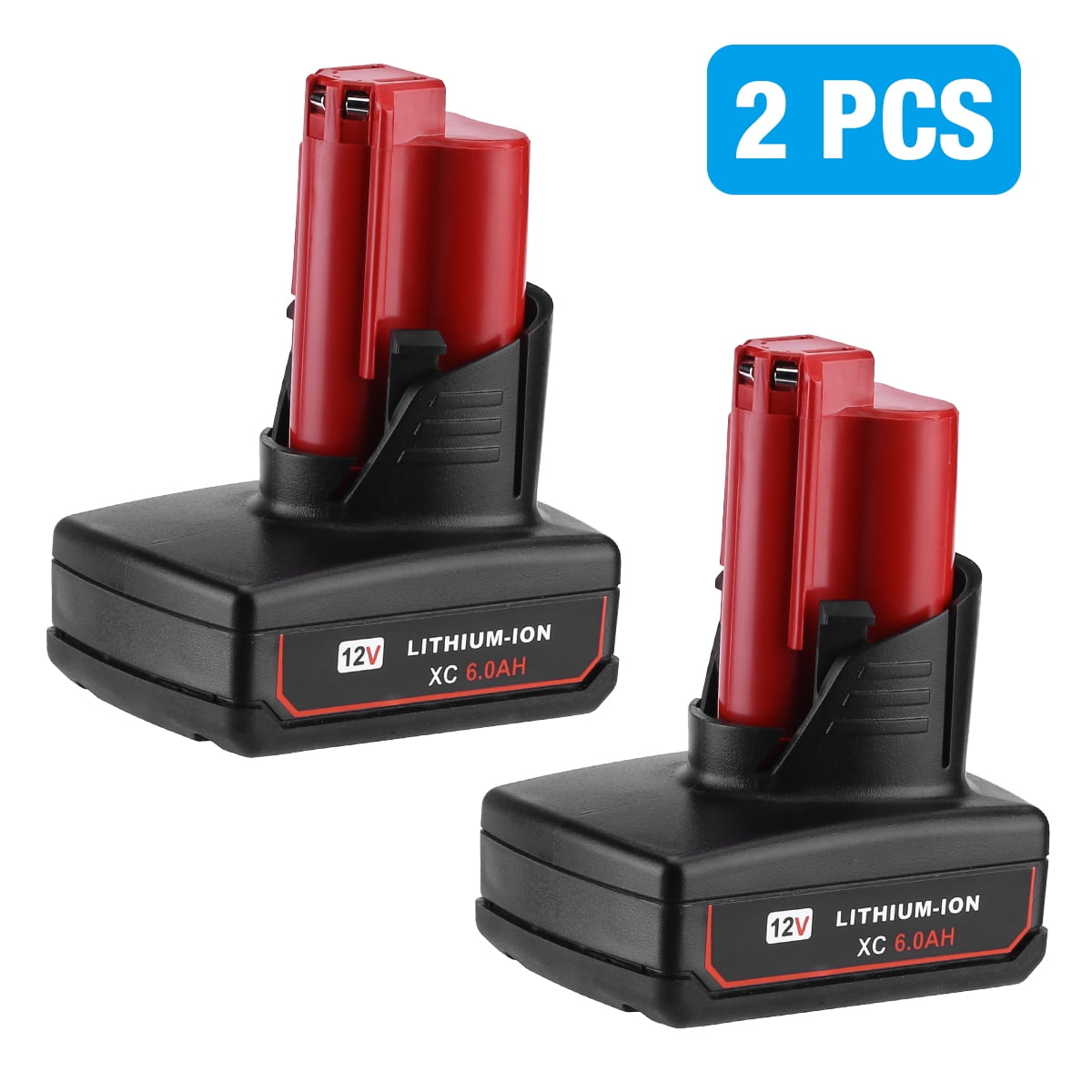

The first of those locomotives is expected to be delivered before the end of the year. These locomotives will be replacing Tier 0 emissions locomotives currently in service. Ordering 15 remanufactured locomotives that meet the EPA’s Tier 3 emissions standards, with an option to buy up to 27 more.Seeking to purchase six switch locomotives that meet the Environmental Protection Agency’s (EPA) Tier IV emissions standards, the highest standards currently in effect, and one zero-emission, all electric-powered switch locomotive.Metra has taken other recent steps to reduce its diesel emissions, including: The locomotives may be painted in a green version of Metra’s paint scheme (per the conceptual illustrations) to indicate the green technology. The batteries must also power onboard systems, such as lighting, intercoms and HVAC. The zero-emission locomotives will be fully compatible with Metra’s existing railcars and diesel locomotives, and must be capable of providing a safe and comfortable ride at all speeds up to the maximum speed of 79 mph. The battery-powered locomotives are expected to be less noisy and have lower operating costs and lower maintenance costs than diesel locomotives. M4 M4 batteries are four-volt batteries and include products such as the Milwaukee 48-11-2001, which is a 2.0 amp-hour REDLITHIUM Compact Battery Pack.It has 40 more runtime than the previously offered four-volt battery packs and can deliver up to 50 more runtime than competing products.

#Milwaukee battery full
The duration of a full and partial recharge of the batteries won’t be known until then.īy replacing diesel power with battery power, Metra will significantly reduce its emissions footprint and greatly improve air quality for its riders and the Chicago region. Charging stations, which will be designed after the locomotives are designed, will be placed in the main yard and at an outlying point. Metra plans to test the battery-powered locomotives, which will have an estimated range of about 150 miles, on the Rock Island Line. Completing the base order is expected to take about 3½ years. The total cost for all six locomotive conversions, which will be performed in Patterson, Georgia, is $34.6 million. The contract with Progress Rail calls for a base order of three locomotives with options for three more. “If these locomotives prove themselves, they could play a significant role in our fleet and in our future, and the concept could serve as a template for other railroads to follow.” “This procurement puts Metra on the cutting edge of battery-powered technology and demonstrates our commitment to innovation and cleaner energy,” said Metra CEO/Executive Director Jim Derwinski. The Metra Board of Directors today approved a first-of-its-kind plan to convert up to six of Metra’s oldest diesel locomotives to zero-emission battery power. Managed by Milwaukees exclusive REDLINK Intelligence, the battery features overload protection to prevent you from damaging your cordless power tools in heavy.


 0 kommentar(er)
0 kommentar(er)
